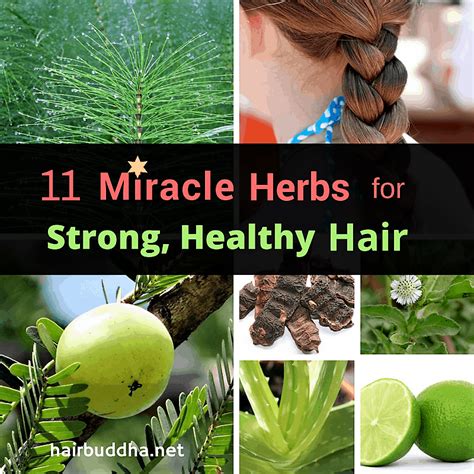Why Hair Growth Matters
According to the American Academy of Dermatology (AAD), hair growth is a crucial indicator of overall health. Hair follicles are complex structures that require nourishment and protection to produce strong, healthy strands. Various factors, including genetics, hormonal changes, nutritional deficiencies, and environmental stressors, can affect hair growth.

How Oils Benefit Hair Growth
Oils rich in nourishing ingredients can provide essential nutrients and support the scalp and hair. These benefits include:
- Moisturizing the scalp: Oils help hydrate and seal in moisture, preventing dryness and flaking.
- Nourishing the hair follicles: Oils contain fatty acids, vitamins, and minerals that nourish the hair follicles, promoting healthy hair growth.
- Reducing inflammation: Some oils possess anti-inflammatory properties that can soothe scalp irritation and inflammation, creating a favorable environment for hair growth.
- Protecting against damage: Oils can coat the hair shafts, shielding them from environmental stressors, such as UV radiation and heat styling.
11 Oils That Aid Hair Growth
1. Coconut Oil
- Rich in lauric acid, which penetrates the hair shaft and provides deep moisture.
- Antibacterial and antifungal properties protect the scalp from infections that can hinder hair growth.
2. Argan Oil
- Contains high levels of antioxidants and vitamin E, which protect against damage and promote hair elasticity.
- Nourishes the hair follicles with essential fatty acids for healthy hair growth.
3. Jojoba Oil
- Chemically similar to the scalp’s sebum, providing natural hydration and balancing oil production.
- Anti-inflammatory properties reduce redness and scalp irritation.
4. Castor Oil
- Rich in ricinoleic acid, which enhances blood circulation to the scalp, promoting hair growth.
- Strengthens hair follicles, reducing breakage and thinning.
5. Rosemary Oil
- Stimulates the hair follicles and promotes hair growth, as demonstrated by studies published in the National Library of Medicine.
- Antibacterial and antifungal properties protect the scalp from infections.
6. Peppermint Oil
- Cools and stimulates the scalp, improving blood flow and hair growth.
- Refreshes the scalp, removing product buildup that can hinder hair growth.
7. Tea Tree Oil
- Antibacterial and antifungal properties combat scalp infections and dandruff, promoting healthy hair growth.
- Reduces scalp inflammation and irritation.
8. Lavender Oil
- Promotes relaxation and reduces stress, which can positively impact hair growth.
- Anti-inflammatory properties soothe the scalp and improve hair health.
9. Avocado Oil
- Rich in vitamins A, D, and E, as well as essential fatty acids, which nourish the scalp and hair.
- Provides deep hydration, preventing dryness and promoting hair elasticity.
10. Olive Oil
- Contains oleic acid, a fatty acid that penetrates the hair shaft and provides deep conditioning.
- Anti-inflammatory properties soothe the scalp and reduce irritation.
11. Almond Oil
- Rich in vitamin E and antioxidants, protecting the hair against damage.
- Nourishes the scalp and hair, promoting healthy growth and shine.
How to Use Oils for Hair Growth
- Scalp massage: Mix a few drops of oil with a carrier oil, such as coconut or jojoba oil. Massage into the scalp for 10-15 minutes to stimulate blood flow and promote absorption.
- Hair mask: Apply a thin layer of oil to damp hair and cover with a shower cap. Leave on for 30 minutes to 2 hours, then shampoo and condition as usual.
- Hot oil treatment: Warm the oil slightly and apply to the hair. Cover with a towel and leave on for 1-2 hours before washing out.
Common Mistakes to Avoid
- Using too much oil: Overusing oils can weigh down hair and make it greasy. Use a small amount and gradually increase the dosage if needed.
- Applying oil to dry hair: Oils should be applied to damp hair to ensure even distribution and prevent the hair from becoming greasy.
- Leaving oil on for extended periods: Leaving oil on the hair for prolonged periods can clog follicles and hinder hair growth. Follow the recommended application time.
Conclusion
Incorporating natural oils into your hair care routine can significantly promote healthy hair growth. The oils discussed in this article provide a wealth of nutrients, protection, and anti-inflammatory benefits that nourish the scalp, strengthen hair follicles, and stimulate growth. By understanding the benefits and proper usage of these oils, you can unlock the potential for stronger, healthier, and more radiant hair.
